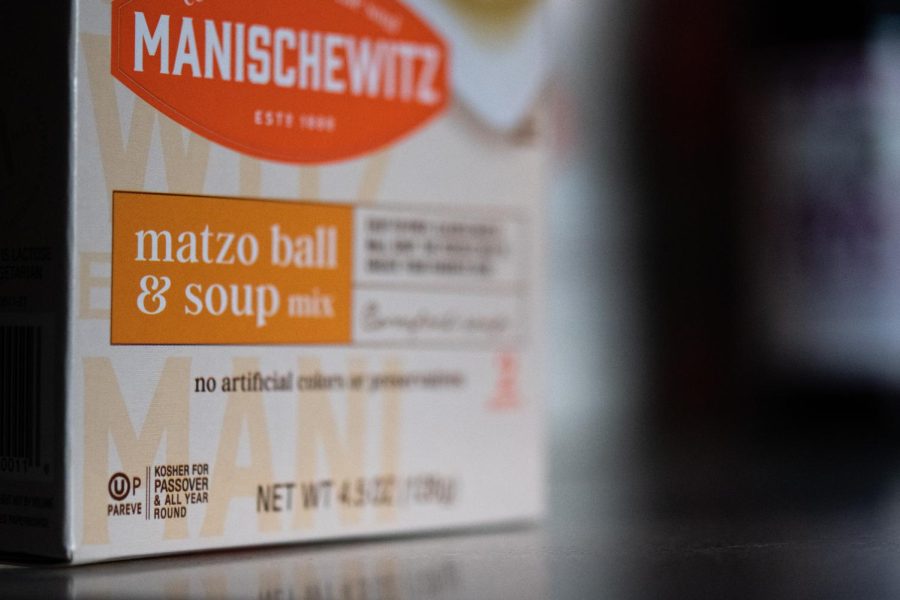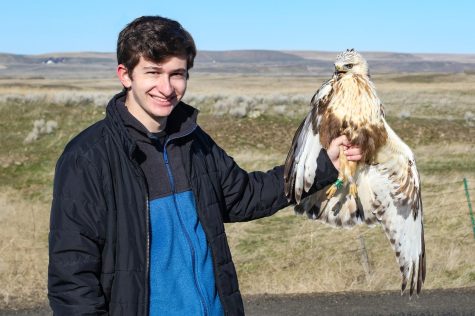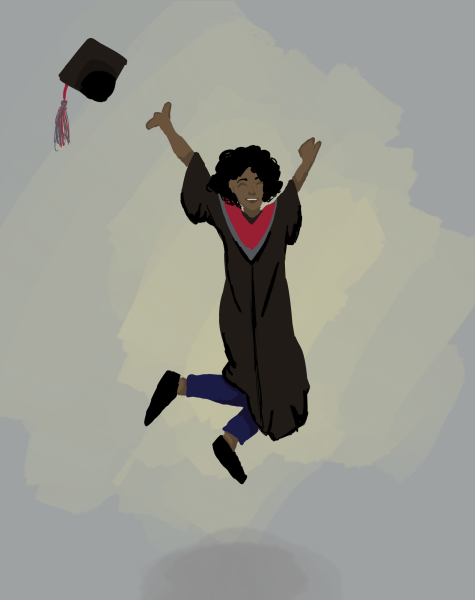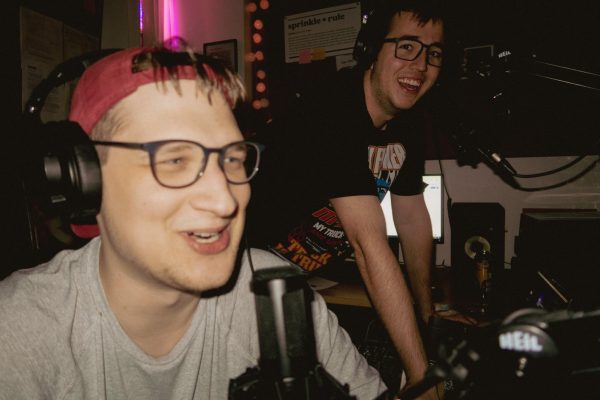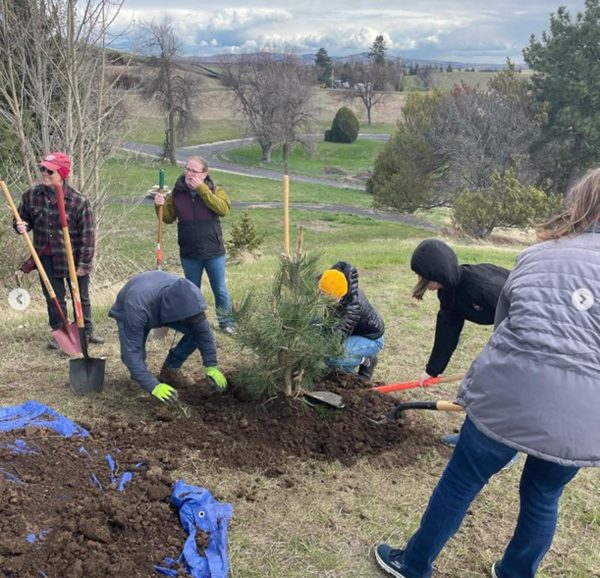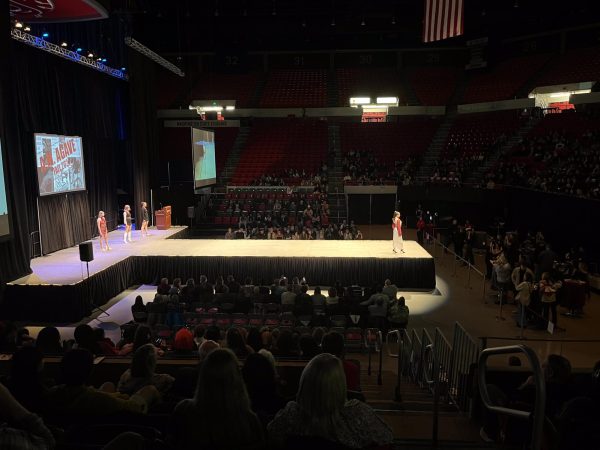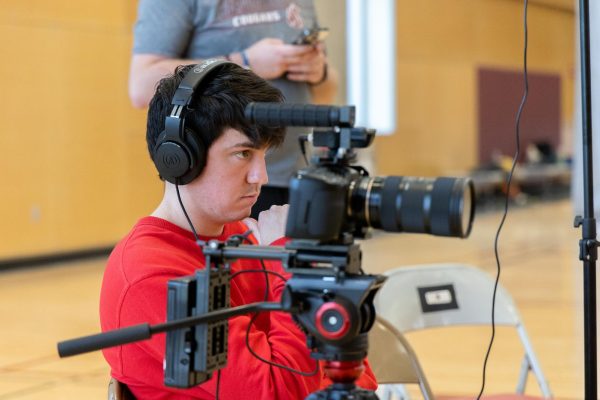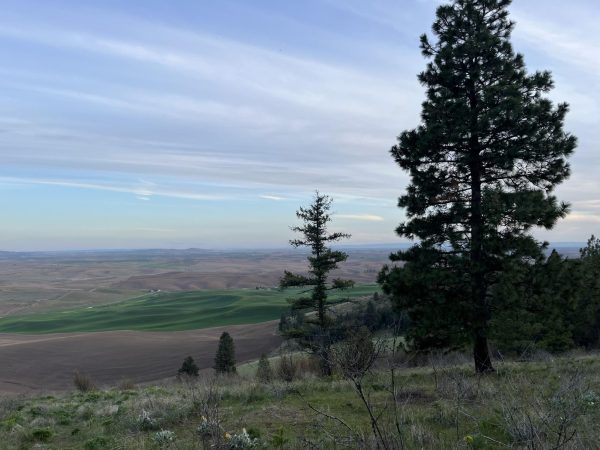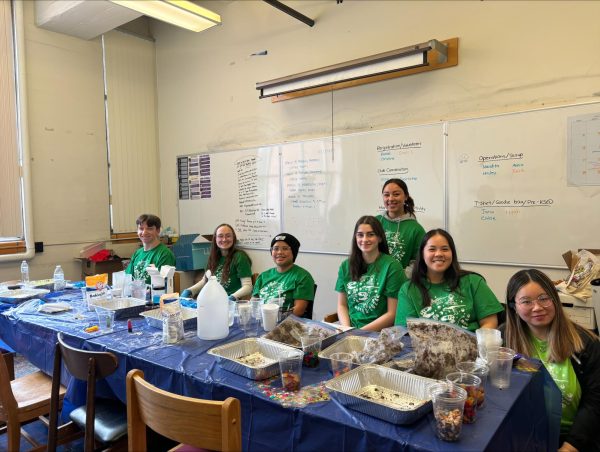What WSU students are doing for Passover
Despite the small community, many still participate in the religious tradition
During Passover, only specific and limited foods can be eaten.
April 6, 2023
WSU’s entire undergraduate class is about 26,000 people. However, of those students, only around 150 are Jewish.
According to the Foundation to Combat Antisemitism, Jewish people account for only about 2.4% of the US population. At WSU, it’s closer to something like 0.6%, according to Hillel.
In spite of the relatively small Jewish community at WSU, many still make an effort to participate in Passover, a major annual Jewish holiday. The holiday remembers the Jewish people’s escape from slavery in Egypt. This year, Passover began on April 5 and will end April 13.
According to the Torah, when the Jewish people escaped enslavement by the Pharaoh, they had to quickly flee their settlement. As a result, they did not have time to finish leavening their bread.
From this story, Passover tradition says no food containing leavened bread can be eaten for about a week following Passover seder, a special dinner with its own religious meaning. No leavened bread means no sandwiches, pasta or beer — much to the disappointment of many Jewish college students.
That is, of course, for those who still choose to participate. For many, Passover is something done with family, and the WSU campus life just doesn’t allow for the same experience and meaning.
Charlie Gartenberg, senior management information systems major, said he participates in Passover when he is at home, but not while he is attending classes at WSU. As a result, he has not celebrated Passover in the past two years.
In large part, Gartenberg said he owes this to the difference in experience. When he is at home, he said he does Passover seder with extended family; it is a fairly big event. However, in Pullman, it just is not the same, Gartenberg said.
“The Jewish community in Pullman is very small,” Gartenberg said. “I feel like I don’t really know anyone else who’s Jewish … I tried to join a Hanukkah celebration here, but it was sort of weird.”
That said, other Jewish students plan on participating in the religious tradition, even with those struggles. Yanir Govrin, senior mechanical engineering major, typically does Passover seder with his family and a couple of others.
“It’s more difficult with the distance from family since it’s harder to go home, but keeping kosher for Passover is the same,” Govrin said.
Govrin said the lack of a community here did not really bother him, as he considers Passover to be more of a personal event. However, he said he still enjoys Passover and plans on attempting a “miniature version” of his Passover seder to work within the bounds of his college schedule.
“It’s something else. It’s not exactly a replacement, but it’s still something,” Govrin said.
That said, though many Jewish Cougs choose whether or not to participate in Passover each year, it still stands as a part of their religion. Unfortunately, Passover is not a holiday many non-Jewish people hear very much about, but those who are Jewish encourage others to learn more.
“Generally it’s good to learn outside of your culture and religion so you can have a better understanding of the world around you,” Govrin said.
Many Jewish students still do their best to uphold and represent their Jewish identity and celebrate Passover in one form or another.
This is in spite of the fact that, in proportion to all the other students, they are only equivalent to about eight words on this entire page, or just the first sentence of this story.

